
The latest wetland news
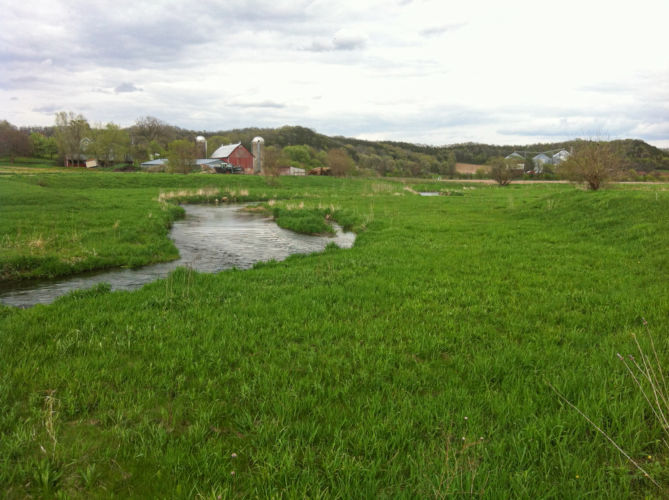
Governor Evers signs bill encouraging more wetland and floodplain restoration
New legislation will encourage more consideration of wetland solutions to problems like flooding, erosion, sedimentation, run-off, and water quality.

Wisconsin State Budget signed into law
Among the programs funded by the state budget are several that directly or indirectly support investments in wetlands.

Leigh Fredrickson: Wetland scientist pioneer
Dr. Leigh Fredrickson (a man who has played a large part in advancing wetland science and application) explores decades of wetland science, research, and management in a fireside chat.

Wetland Coffee Break: Old lineage, new threats: The Ouachita map turtles of the Lower Wisconsin River
Learn about some of the modern-day challenges to turtle nest survival, focusing on the map turtles of the Lower Wisconsin River.
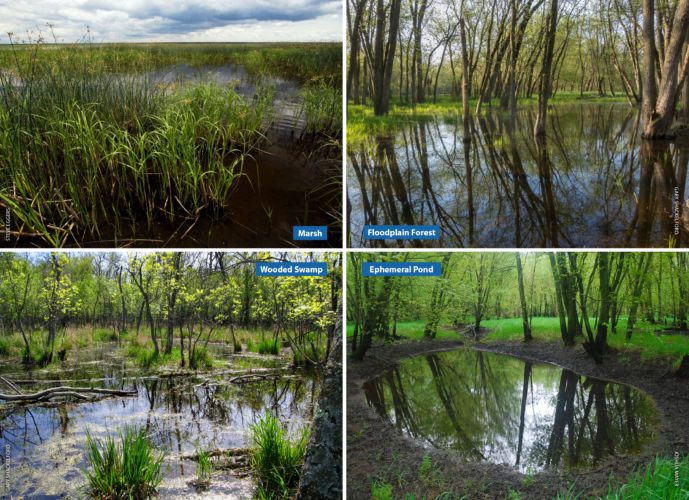
How to identify Wisconsin’s common wetland types, Part I
As you explore Wisconsin’s wetlands, you may find yourself wondering just what type of wetland you’re in. In part one of this two-part series, learn more about marshes, wooded swamps, floodplain forests, and ephemeral ponds.
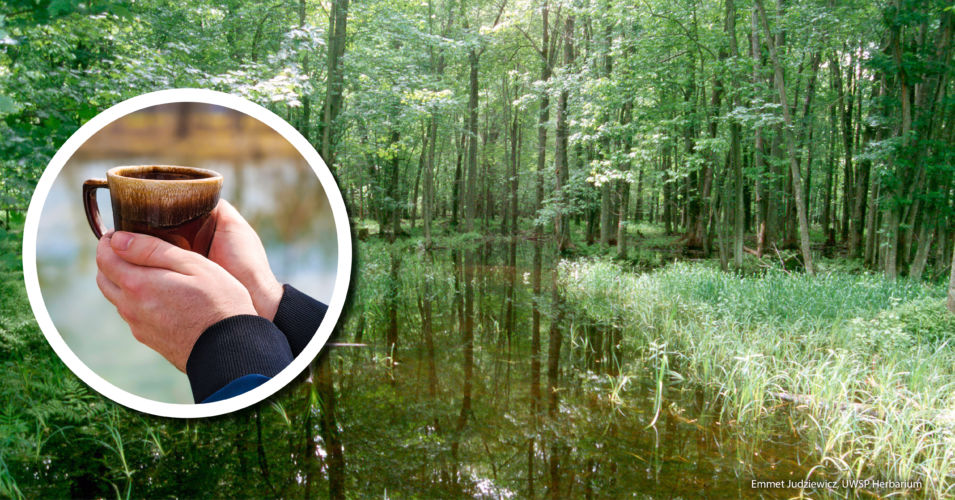
Wetland Coffee Break: Managing impacts of the invasive Emerald Ash Borer on Wisconsin’s wooded wetlands
Join forester Brad Hutnik to learn about Emerald ash borer, including the current status of EAB in Wisconsin, current management recommendations, and its effect long-term on the ecology of forested wetlands.
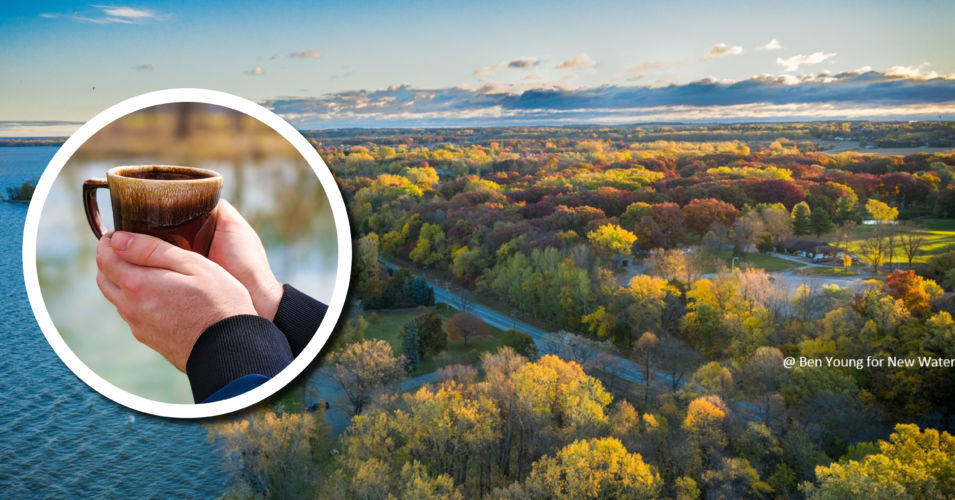
Wetland Coffee Break: Establishing a Bay of Green Bay National Estuarine Research Reserve
Watch Emily Tyner’s presentation on the process to designate the Bay of Green Bay as a National Estuarine Research Reserve (NERR).
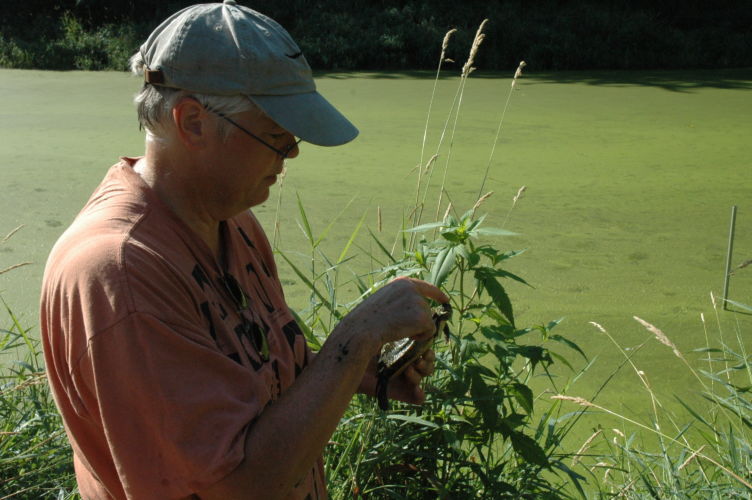
Poems for friends by Mary Linton
We are saddened to share the news of the passing of our friend Mary Catherine Linton.

Wetland Warrior: A tribute to Mary Linton
We are saddened to share the news of the passing of our friend Mary Catherine Linton.

In loving memory of Mary Linton
We are saddened to share the news of the passing of our friend Mary Catherine Linton.
